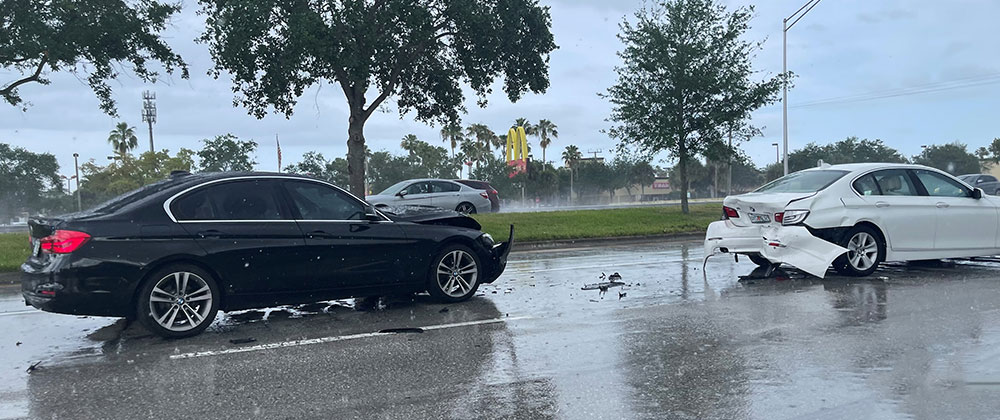Boynton Beach Police Officer Accused of Battery and Sovereign Immunity
The victim in a controversial local rape case is back in court seeking civil damages against the employer of her alleged attacker. The Boynton Beach police officer accused of battery, was acquitted of all charges of sexual battery on October 6, 2015. His accuser, however, has reportedly reached a settlement with the city of Boynton Beach for $875,000. Any case of Police officers and other public officials accused of battery warrants a public discussion of the principle of sovereign immunity in the state of Florida.
What is Sovereign Immunity? In general, private individuals and entities cannot sue government officials and agencies without the consent of the government. This concept known as sovereign immunity was instituted to preserve the separation of powers and to prevent interference in the decisions made by duly elected or appointed government officials.
• Without sovereign immunity, the judicial branch of government could easily interfere with the operations of the executive branch through repeated legal actions.
• Citizen lawsuits could also disrupt everyday activities and prevent the performance of duties by police officers and other agencies in the executive branch. These protections are necessary to ensure the smooth flow of operations; however, some exceptions do exist to protect the rights of individuals and groups against the actions of their government. Exceptions to Sovereign Immunity United States Federal Law and Florida law allows citizens and groups to sue police officers and other agencies of government in various ways. Among those are the following:
• Violations of 42 U.S.C. §1983, better known as the Civil Action for Deprivation of Rights section of U.S. federal statutes, can result in an exception to sovereign immunity for police officers and their employers. Plaintiffs in these cases must demonstrate that they suffered damages due to a violation of their civil rights and that those damages arose through a misuse of state law.
• Negligence on the part of the officers can sometimes expose them to legal liability for their actions under Florida Statute 786.28, which provides for waiver of sovereign immunity in tort actions and establishes recovery limits, limitation on attorney fees, the statute of limitations, exclusions, indemnification and risk management. The statute also provides the legal framework for suing a government employee and their employer for negligent acts.
• Intentional torts are also grounds for removal of sovereign immunity and consist of deliberate unlawful actions were taken by an individual to the detriment of another. When discussing Florida Statute 768.28(9)(a), the Florida Appeals noted “While battery is an intentional tort, the City may be held liable for an employee’s intentional act(s) as long as the employee is acting within the course and scope of his employment and the act or omission is not committed in bad faith, with malicious purpose, or in a manner exhibiting wanton and willful disregard of the plaintiff’s rights. See the City of Miami v. Simpson, 172 So. 2d 435 (Fla. 1965) (discussing city’s liability for intentional torts committed by police officers acting within the scope of their employment).” Other relevant cases include City of Boynton Beach v. Weiss, 120 So. 3d 606, 2013 Fla. App. LEXIS 12728, 38 Fla. L. Weekly D 1742 and 2013 WL 4081058 (Fla. Dist. Ct. App. 4th Dist. 2013).
• The Federal Tort Claims Act 28 USCS § 2680 provides the ability to file a claim against the United States Government for intentional acts committed by law enforcement officers as well as negligence by other employees. The suit brought against Stephen Maiorino falls under this exception to sovereign immunity, and it is up to the Fact Finder to determine the facts of the case.
Despite Officer Maiorino’s acquittal, the facts in this Boynton Beach case continue to be in dispute. For those who have been injured by government employee or a Police officer or who have experienced violations of their civil rights by a police officer or other government employee, please contact our office to schedule a free consultation with one of our experienced attorneys.




